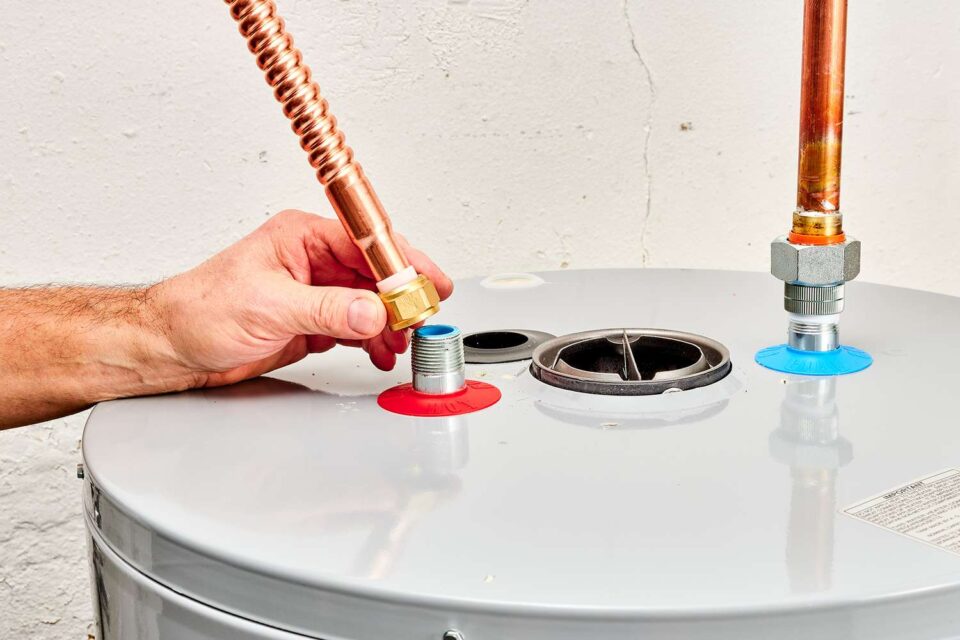Are you planning to buy a new water heater? When browsing the market for a unit, one of the major drivers for your final decision is the energy source of the water heater. In the Philippines, there are two main types: gas and electric water heaters.
While both are great heaters, you might be concerned about the value they bring to your home. Besides checking electric water heater price Philippines, you might also wonder about their energy efficiency, installation, and other costs.
Below is a comprehensive look at how to gauge the value of a gas or electric unit beyond the shower heater price:
Energy Efficiency
The biggest factor that water heaters affect in a household is the energy consumption. All water heaters need a source of energy to work, and in the Philippines, gas and electricity are the main fuel.
Electric water heaters will take up a portion of your monthly power bills, but the end fees will vary depending on the unit’s efficiency. Star ratings – which are found on the unit’s label when displayed in the store – can tell you a lot about the consumption. A good star rating of around 4-5 means an electric water heater is efficient and won’t cause your bills to skyrocket.
Meanwhile, gas heaters do not require electricity and are heralded as more efficient than their electric counterparts. Besides not being connected to your power lines, gas water heaters can heat water faster. Gas heaters can also work even during power outages.
Installation Costs
Tankless electric water heaters are relatively easy to install. A professional installer will only need to connect the unit to your power source and then attach the heater to the wall of your bathroom or any other room of your choice. There is no need to consider venting when placing an electric water heater in your home.
On the other hand, gas water heaters require venting to ensure safety during operations. Since gas pipelines are non-existent in the Philippines, gas water heaters are often attached to large LPG tanks. The additional safety standards for gas water heaters can increase installation costs quickly.
Maintenance Expenses
Gas water heaters require more maintenance work than their electric counterparts. To keep the unit running properly and reduce safety risks, owners of gas-powered units must conduct regular upkeeping and cleaning of the burner and flue.
Meanwhile, electric water heaters do not typically need much maintenance to keep functioning. This is especially true If the unit is of the tankless variety.
In general, electric water heaters provide more value to homeowners than gas units. While gas heaters are more energy-efficient, electric water heaters have lower upfront, installation, and maintenance costs.

